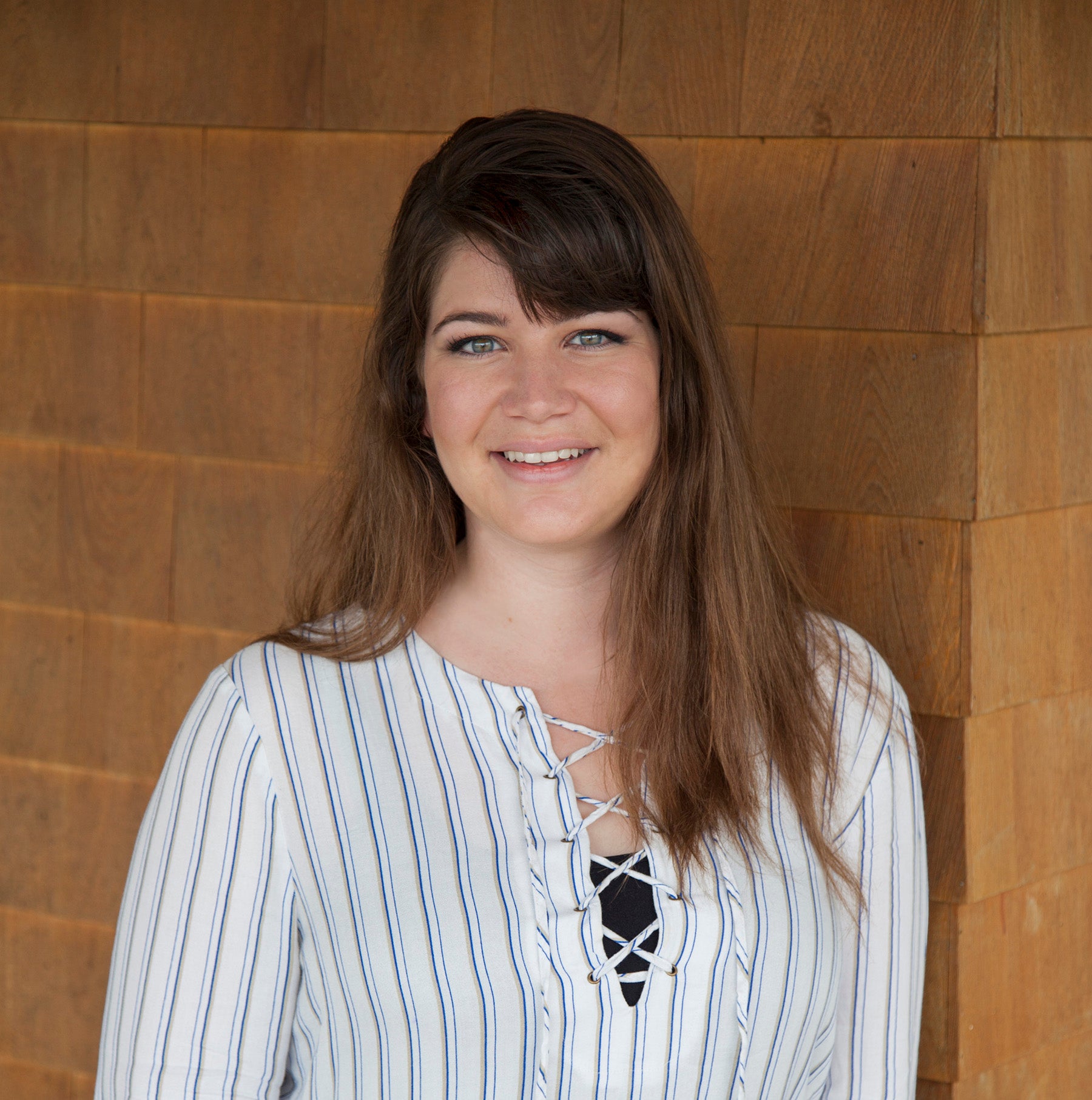KINGSTON, R.I. – May 12, 2017 — As the curtain of the United States’ embargo against Cuba has slowly been pulled back, young Americans are finding out just how little they know about the small communist country located just 90 miles off the coast of Florida.
For University of Rhode Island senior Victoria Ferraro, a semester spent studying at the University of Havana opened her eyes to a world beyond our borders.
“What was most unexpected was how much Cubans love America,” she said as she prepares to walk at URI’s 131st Commencement ceremony May 21 at the Kingston campus. “They love our music, our culture. We’re not forbidden to them. You’d be amazed at how many teenagers in Havana are wearing U.S. flag T-shirts – the rebellious youth of Cuba!”
Ferraro, an economics and political science major from Hopkinton, had never left the U.S. and she hadn’t studied Spanish since high school. But she jumped at the chance to study in a nation that few Americans have had a chance to visit since the Cold War.
The opportunity to receive an immersive education about the political and economic climates in Cuba was too good to pass up.
“Cuba is so close, but we learn so little about it in school beyond the country’s role in the Cold War, so it was really fascinating from a political science/economics perspective,” she said.
It was also a bit of a culture shock for the native Rhode Islander who had never traveled beyond the New England states. While in Cuba, Ferraro stayed with a host family and, while she said most Cubans she met were bilingual, the matriarch of her host family, Angie, did not speak English.
“The first day was awkward,” she laughed. “She was telling me about how to do the laundry and where the clothesline was, and I couldn’t understand anything she was saying. But by the end of my time there, we were talking pretty easily.”
Ferraro, who plans to pursue a doctorate on her way to a career as an economist, said the semester abroad was transformative for her, giving her a broader global perspective that she believes will enhance her understanding of world politics and economies.
But she also said her entire four-year university career was an awakening she never expected. She said in the quiet moments at night before falling asleep, she’s able to see now the vast difference between the woman who is about to graduate, and the one who walked onto campus as a freshman.
“I never thought I was changing as a person, but when I take the time to think about it, I can see how much I’ve grown,” she said. “I don’t just sit quietly in the classroom anymore. My experience here at URI, and in Havana, has made me more courageous and confident. I can talk to anyone and everyone now, and I couldn’t say the same thing about myself four years ago.”
That confidence will serve Ferraro well as she pursues a career that is largely dominated by men. The demographics of a career as an economist hadn’t entered Ferraro’s thought process when she began her studies, but as she read important course materials, she realized how much of it was written by men.
She said the prospects of entering a male-dominated workforce didn’t scare her or deter her from her path, but she became conscious of the challenges she would face and has prepared herself to meet them.
“I think the bar will be a little higher for me as a woman to get my work published, but I think being aware of it has made me better,” she said. “I have to be more concise, be a better speaker, project more – all the little things to make my voice heard. I have to weaponize my intellect.”
To that end, Ferraro entered a program for underrepresented groups at Michigan State University during the summer of 2016, where she took classes designed to prepare students for graduate study.
“In economics, historically policy is set by wealthy men. Even those who might be considered radical in the field are typically older, white males,” she said. “If women and minorities don’t have a seat at the table, we can’t do our part in setting policy that has a positive effect on all groups.”
While Ferraro continues to look at her options for graduate school – she’d like to study in the United Kingdom – she will work at URI during the summer with Stephen Atlas, a professor in the College of Business. Ferraro has been working on research with Atlas since the fall of 2015, and will spend the summer co-authoring a paper, as well as assisting Atlas on other projects associated with URI’s Mental Accounting and Pricing Lab.
But before she begins her work in earnest, Ferraro will become the second college graduate in her family. She initially anticipated becoming first in her family to earn her bachelor’s degree, her mother Shannon, a registered nurse, went back to school in the fall of 2014 and completed her bachelor of science in URI’s accelerated RN to BS nursing program in the winter of 2015.
Victoria’s enjoyment of Commencement represents the culmination of hard work, but also a chance to reflect upon the support and relationships she’s fostered at the University.
“I’m so thankful for URI and the people I’ve met here,” she said. “I look at some of the professors and advisors I’ve had and the work they do and the way they’ve supported and shaped students’ lives, and I think, ‘That’s who I want to be.’
“School is what you make of it, and I’m so happy I have this web of friendship and openness,” she continued. “I’m really excited to be with my friends at Commencement and share that moment. It’s been a long time coming.”

